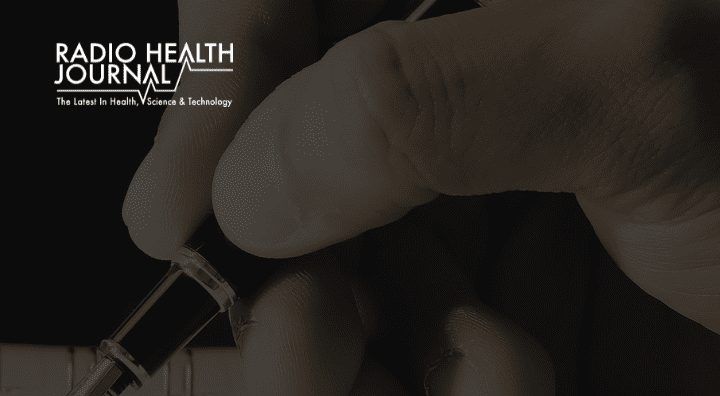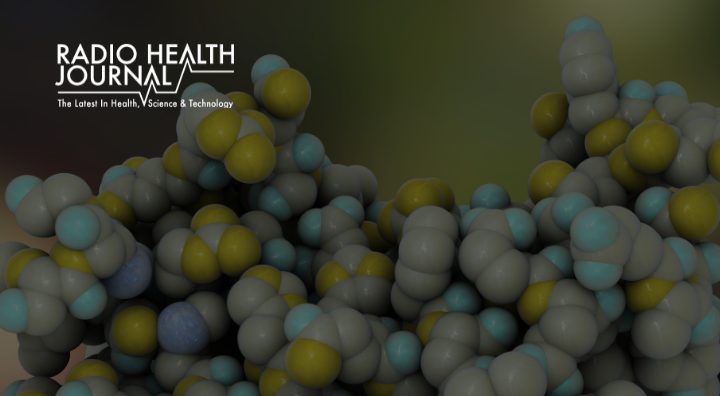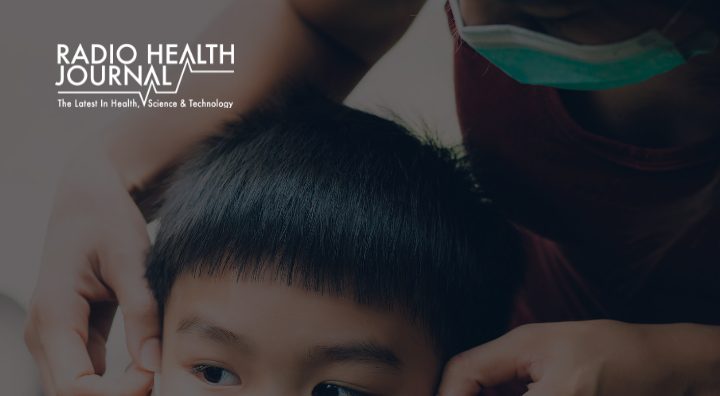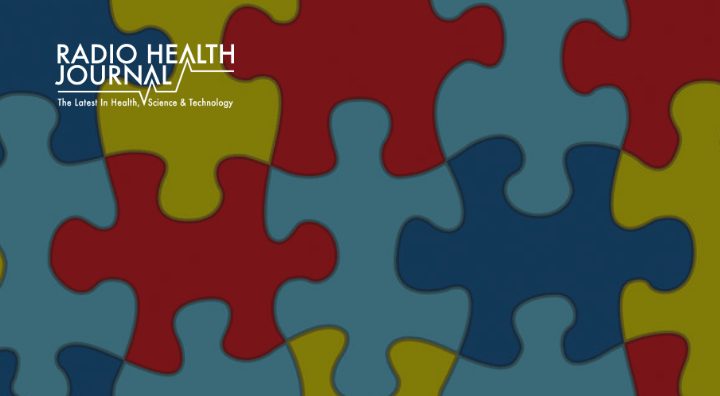Medical Notes: January 9, 2022
The Omicron variant may flame out as quickly as it rose. Then, a new study shows that traditional books are making a come-back. And finally, your microwave could be making your dog really anxious.


The Omicron variant may flame out as quickly as it rose. Then, a new study shows that traditional books are making a come-back. And finally, your microwave could be making your dog really anxious.

A National Book Award-winning author discusses his experience as a first-time dad at 56, and now as a 73-year old father with teenagers.

Music is more than a fun pastime. Studies show that especially in children, studying music rewires the brain in beneficial ways, giving them an advantage in other cognitive skills. The scientist who’s done much of this pioneering work discusses its ramifications and impact.

Children as young as five may soon be part of the tug of war over vaccine mandates. Then, several important studies on Covid and vaccination are released by CDC. And finally, a study finds that people with a history of trauma get more of a high from morphine than people who’ve been trauma-free.

A new study shows that antibiotic exposure early in life could alter a child’s brain development. Then, the stress of the pandemic has led to a sharp increase in teenage eating disorders. And finally, researchers have found a potentially lifesaving heart attack treatment in a most unusual place.

Thousands of parents take their children to doctors each year seeking synthetic growth hormone to cure their relatively short stature, even though most of these children are merely late bloomers. Plus, studies show that short stature generally does not create psychological damage. Experts weigh in.

Infants, toddlers, and grade school children use many cues to learn language. Some of them are visual, involving seeing the mouth move. Some depend on clearly hearing speech. Both have been impacted by mask wearing during the pandemic. Experts now studying how far behind children are as a result discuss how language develops in children and how it’s been …

New research shows that most people with ADHD have a disordered body clock, prompting disturbed sleep, sleep deprivation, and a worsening of ADHD symptoms. Experts discuss how fixing the body clock could lessen the impact of both ADHD and physical diseases that result from poor sleep.

The Scientific reports the rotavirus could give children some protection against diabetes. Then, studies showing a rough childhood can have an affect on development. Skin biopsies are costly and invasive but a new virtual biopsy device could change all of that. Finally, are you a dog person? A study in Sweden says it's genetic.

Most infants are breastfed in the US today, but breastfeeding often doesn’t look the way most of us think of it, as a result of adoption, same sex marriage, and other changes in parenting. An expert discusses some of the hurdles and challenges to getting infants the best nutrition possible.

Experts have believed that autism affects four times as many boys as girls, but the ratio may not actually be quite that high. Doctors are learning that autism shows up differently in girls’ behavior as a result of brain differences. This leaves many girls with autism undiagnosed. Experts discuss how it appears in girls and the consequences of those …

People who are adopted have more psychological problems than others, yet they also tend to have other psychological strengths. Experts, both themselves also adoptees, discuss the roots and outcomes of these issues as adopted children grow up.
Subscribe to get the latest from Radio Health Journal directly in your inbox.

